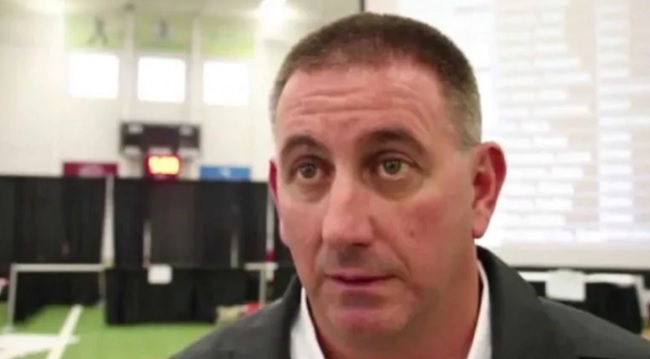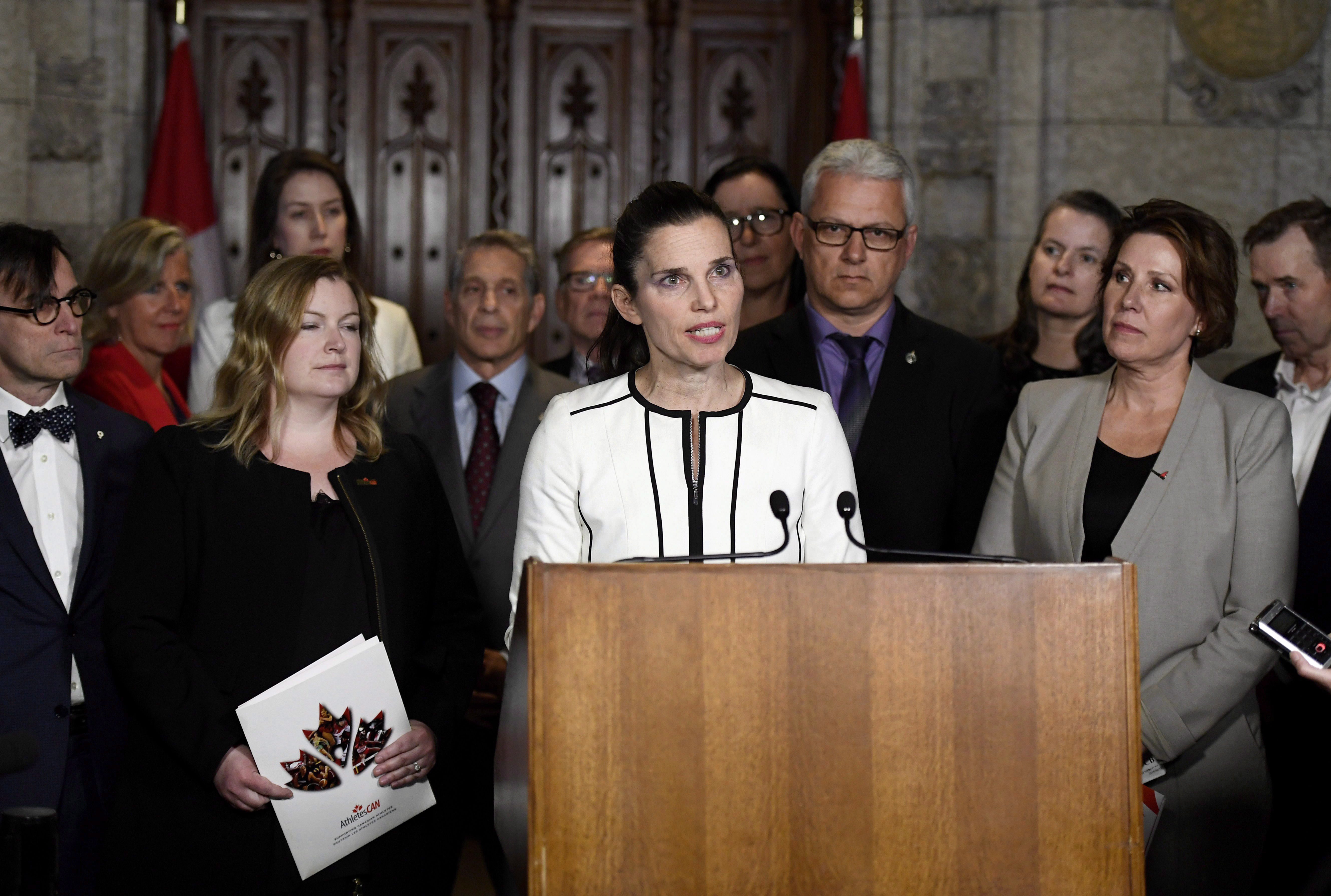
National gymnastics coach Dave Brubaker pleaded not guilty today to multiple charges of sexual assault and sexual interference involving a young female athlete. Two other Canadian gymnastics coaches, Scott McFarlane and Michel Arsenault, also face charges of sexual assault.

Dave Brubaker, the former women’s national coach of gymnastics pleaded not guilty to sexual offences. (YouTube/Gymnastics Canada)
Rules are inconsistent
There are many organizations across Canada offering training in different sports at different levels. Many have their own rules to try to protect athletes, but they vary widely. “We have this patchwork of approaches which creates a possibility for sports organizations in certain jurisdictions to avoid the very basic approaches to ensure safety in sport,” says Doug MacQuarrie, chief executive officer for the non-profit Canadian Centre for Ethics in Sport.
Government calls for stronger action
In June 2018, the federal minister responsible for sport, Kirsty Duncan, announced stronger measures to eliminate harassment, abuse and discrimination in sport organizations which receive funding from the federal government. She called on provincial and territorial counterparts to recommend solutions and set up a working group of leaders in the sport community to examine the issue.

The minister responsible for sports, Kirsty Duncan announced plans to eliminate harassment, abuse and discrimination in sport at a news conference on June 19, 2018. (Justin Tang/The Canadian Press)
Independent oversight called for
The Canadian Centre for Ethics in Sport already has several ideas. First, MacQuarrie says there can be a conflict of interest when a sport is trying to promote itself and police itself at the same time. He believes there must be system where oversight is provided by a body which is independent of sport and government. The centre plays such a role in applying anti-doping measures in a uniform and consistent way.
Athletes ‘don’t know who they can trust’
MacQuarrie believes there should be a universal code and standard set of rules making very clear how to protect young people in sport, education for coaches, players and parents. And he says there should be a system for reporting and response. “Many young people who face such a circumstance in sport where they may be assaulted or harassed don’t know where to report that. They don’t know who they can trust, they don’t know if they’ll face repercussions. So, we need a system that would allow them to feel safe in reporting such behaviours.”

Doug MacQuarrie calls for one national code of ethics and an independent body to oversee it.
List sanctioned coaches, says MacQuarrie
A publicly accessible registry, he says, would prevent sanctioned coaches from pulling up stakes in one province and setting up in another where no one is aware of their past.
“The Canadian sport system is very sensitized to the importance of this area…” says MacQuarrie. “We’re very hopeful that this approach, this proposal is something that the minister provides great weight to.”
Rule of two would help
In the meantime, he hopes sports organizations will apply some basic rules such as ensuring no coach is ever alone with a young athlete, asking police for background checks on prospective coaches and making sure coaches are trained. Courses are offered by a national coaches association.
For their part, he suggests parents ask questions before registering their children in sports about their policies and how they are enforced.


